“We Are the Exploiters”: Santiago Sierra’s Critical Realism

Sierra’s tattooed horizontal line conveys the narrative of a modernist outcry that once called for “Workers of the World, Unite!”—or today could call for the people shackled together in debt slavery to unite against neoliberal capitalism. Instead of being ostracized by the burden of carrying a mark for life on their backs, these paid people are united by their tattooed line as much as by their condition as collective subjects of exploitation.
Lygia Clark: From Painter to Mystic
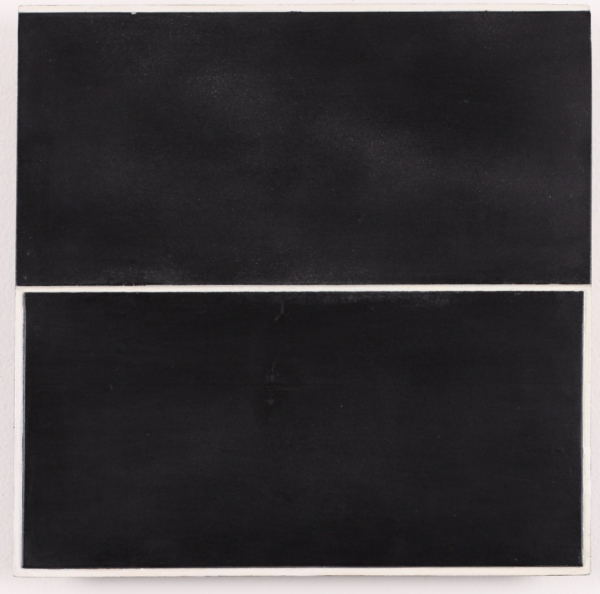
For Clark, the “moment” is not an outlet to the world that would in principle allow a self-absorbed consciousness to find meaning beyond its own interiority. Nor is it a means by which the subject may reach a higher form of mental life. The “moment” is an end in itself.
Issue #37: Contemporary Art and the PMC (Part One)
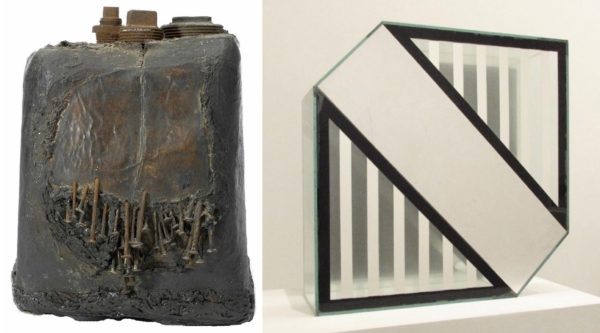
The first in a pair of issues featuring new scholarship and essays on contemporary art, a professional-managerial enterprise. Edited by Elise Archias.
Maurizio Cattelan’s Managerial Spirit
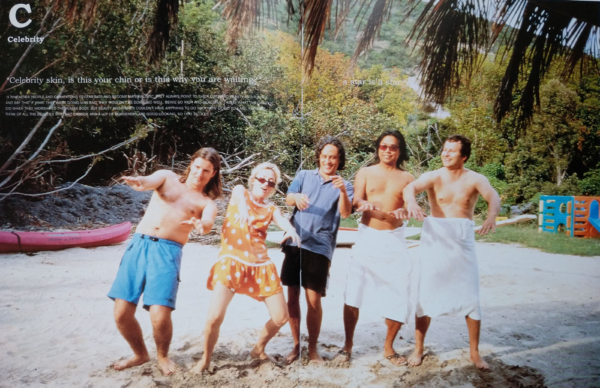
Maurizio Cattelan couches his artworks as clever, if cynical, escapes from labor. But in truth, he rarely gets out of work. Instead, his art enacts a Euro-Atlantic shift from “productive labor” to “creative management,” a shift that he traces (counterintuitively) to the legacy of Marxian theory in Italy.
Pop Art and the Fictional Middle Class
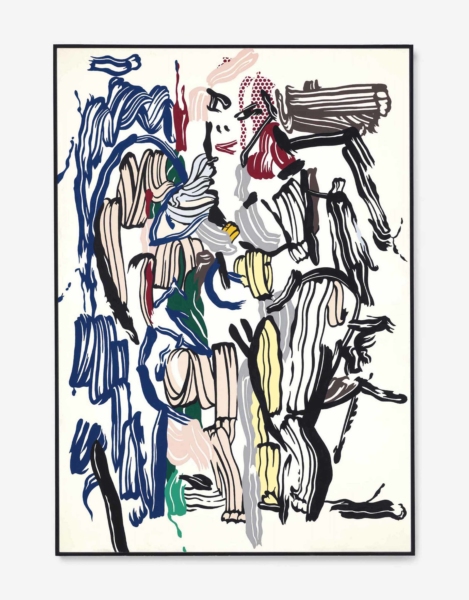
Warhol’s trajectory as a working-class Pittsburgh boy turned commercial illustrator turned New York art world icon, we might say, primed him to be particularly attuned to the class dynamics of postwar artistic labor, and particularly able to make them visible. But in fact, I’d like to argue, these dynamics are central to the emergence of pop art in general—in a very real way, they are pop art.
Sculpture as Labor and Sign
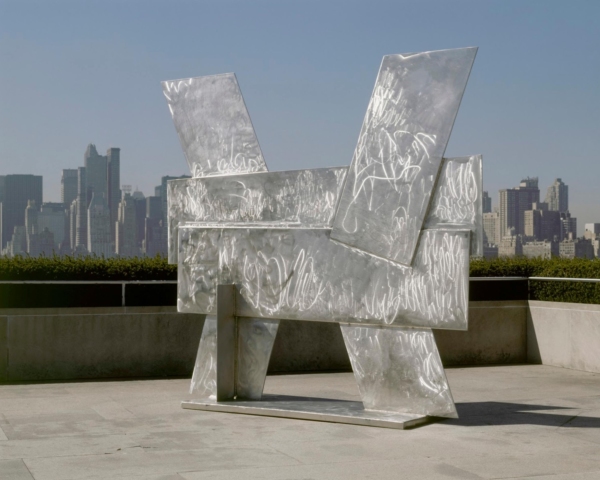
None of David Smith’s constructions is ever truly virtualized, truly vaporized, but still, at serendipitous moments, their surfaces spark and crackle with light, and the sculpture’s body is banished, replaced by a scribble, a cipher, a flash. Meanwhile, back in the studio, yet another sculpture is nudged into shape on a much-stained concrete floor.
Infantile “Left-wing” Disorder: An Update

We recognize it when we see it: someone is PMC when they turn to language or rules or theories or style or attitude or affect or critique or (more broadly) culture to measure what they stand for or what they stand against. Compare this to the right for whom cultural coherence, even logical coherence, is the enemy and the uncultured unreason of money and force sovereign. Or compare it to the left for whom what matters as measure is the political organization of workers.
White-Collar Blues: Allan Sekula Casts an Eye Over the Professional-Managerial Class

During the 1970s and early 1980s, Sekula built a theory and practice of photography on his understanding of the aporias inherent to the theory of the PMC, paying particular attention to the figure of the engineer whose task is not confined to the reproduction of capitalist ideology, but plays a central role in the realisation of value.
Introduction: Contemporary Art and the PMC (Parts One and Two)

PMC art rewards a viewer who does not enjoy emotional exchanges, but who does have strong, positive, hopeful feelings every time they figure out how a system works. Contemporary art has helped the PMC feel good about their choices and justified in their limits, in part, because an overriding emphasis on abstraction and system validates the type of solutions that our most lucrative skills tend to generate.
The First Privilege Walk

How Herbert Marcuse’s widow used a Scientology-linked cult’s methodology to gamify Identity Politics and thus helped steer the U.S. Left down the dead-end path of identitarian psychobabble.
